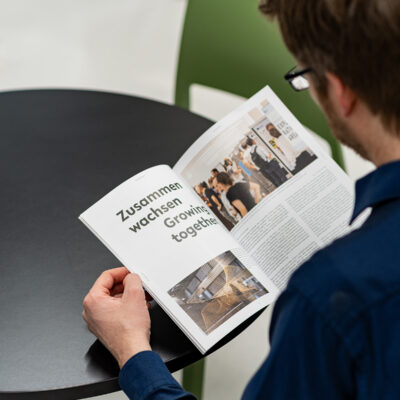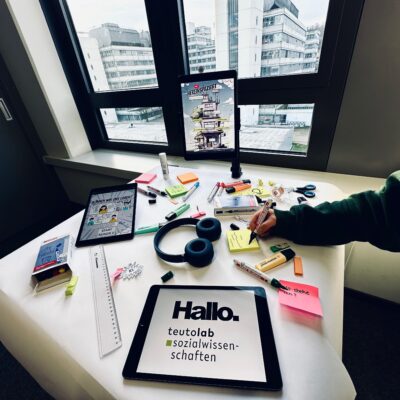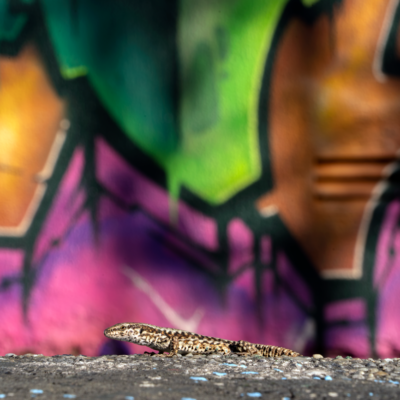People compare their skills and bodies, companies compare their balance sheets, and countries compare their gross domestic products. Comparisons can affect how we perceive others: Do similarities or differences emerge? Comparative researchers in the interdisciplinary Collaborative Research Center (SFB) 1288 in the humanities at Bielefeld University are working on questions like these. One of them is Malte Wittmaack, who has been a member of the SFB since 2018. Three questions for the historian.
Your research focuses on the early modern period. What do your research findings have to do with us today – are there specific points of reference?
In the historical texts I study, travelers perceive their own bodies as unusual and porous. They describe them as permeable and susceptible to environmental influences, such as the air in the Ottoman Empire. Our view of our bodies today is different, as they are not threatened to the same extent by changing climatic conditions at the destination. The relationship between the body and the environment has changed since the early modern period. We cannot learn directly from historical texts. However, the different perceptions of the body and the possibility of changing perceptions of the body show that the relationship between the body and the environment has changed: The relationship between the body and environmental influences has varied historically.
In public debates, for example in the context of epidemics and pandemics, historical perspectives can show that in the past there were alternative interpretations of this relationship. Looking back to the early modern period allows us to contextualize our present and to rethink issues that we consider ‘natural’ in the present.

© Philipp Ottendörfer
You have just submitted your dissertation. How did you get there, how did you come to the SFB 1288 ‘Practices of Comparing’?
I started in 2018 as a student assistant in the administrative office of the SFB. There I got a look behind the scenes: I was able to learn how a third-party-funded project like SFB 1288 is managed and organized. This positions also allowed me to make contacts and familiarize myself with the research perspectives of the SFB. Towards the end of the first funding period in 2020, I was involved in the application process for the current funding period. I gained insight into the application process and the challenges it poses. After all, in a Collaborative Research Center, a subproject never stands alone with its content, but always has to contribute to the common questions.
You are currently actively involved in planning the reconceptualization of the collaborative research center. What does that mean in concrete terms?
Each researcher brings very different interests and perspectives to the application process. Under these conditions, it is often not easy to find a common approach. At the same time, interdisciplinary collaboration challenges me as a historian to look beyond the boundaries of my own discipline. I learn a lot from the exchange with colleagues from literary studies, for example. There are many similarities between history and literary studies; both are primarily concerned with the study of texts. But the way literary scholars and historians work with texts is quite different. These differences allow scholars to learn from each other. For me, the greatest benefit of the joint application is that I have been able to take different perspectives on the common questions for my work – precisely because of the interdisciplinarity. The balancing act between my own research interests and the common questions and goals was very inspiring, but also challenging.
[Translation generated with automated support]




